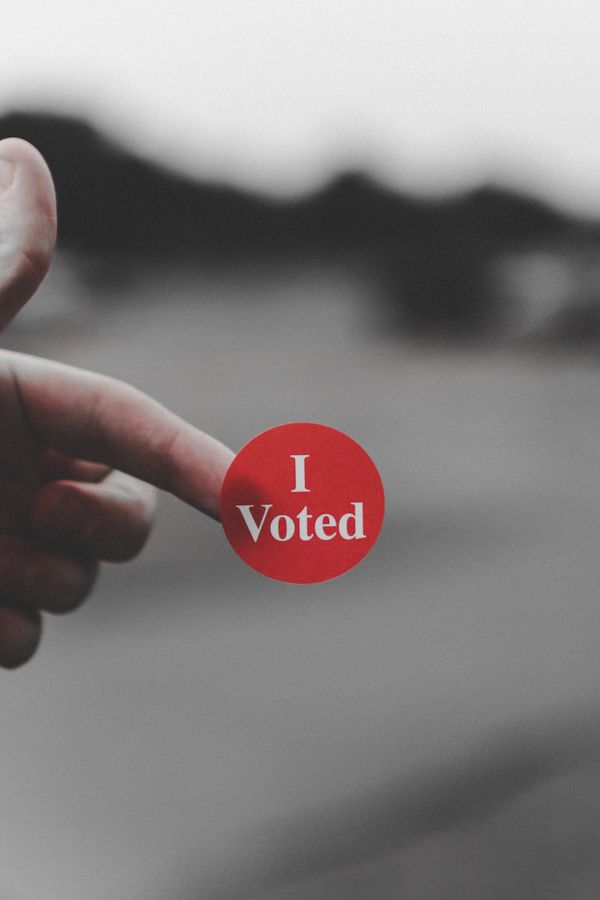A few weeks ago, I was on a radio show, discussing a recent article I had written. The article was about my experience in a College Republicans meeting and my surprise at how much I enjoyed it. One of the radio DJs asked me if I had always been interested in politics, and I answered that my interest was largely spurred by the recent election. Politics began intersecting in pop culture—my usual topic of dissection—with a frequency that was difficult to ignore.
And, I added, as a gay person, it’s difficult to remain unpolitical. When your rights as an American are fodder for Congress and religious organizations, you almost have no choice but to be political.
On campus, I’ve noticed a major uptick in the amount of political discussion. Less and less people are deferring to the “I’m just not that political” defense. I’ve had conversations with people about Neil Gorsuch, Trump’s nominee for the Supreme Court. When before would two college students discuss anyone with a name like "Gorsuch" or know how the Supreme Court nominations work?
What I think people are beginning to realize is that we no longer have the option of being un-political. College students were up-in-arms over Bernie Sanders. They reacted strongly to the confirmation of Betsy DeVos, Education Secretary. Why? Because we’re in school and these things affect us.
Everyone was so surprised when Teen Vogue became the ultimate voice of reason with Lauren Duca’s “gaslighting” article about Donald Trump. And recently Elaine Welteroth and Phillip Picardi from Teen Vogue were on Trevor Noah’s show.
Noah remarked on the strangeness of Teen Vogue coming on to talk about politics. Picardi pointed out that young people are incredibly civically involved at this moment, and Teen Vogue reflects that.
“To tell a teenager that she should stick to lip gloss, when she’s being directly impacted by policies,” said Picardi, “and they’re directly affecting her lifestyle and the lifestyle of those around her is frankly irresponsible.”
One moment that felt politically crucial to me was a few months ago. It was the confirmation hearings of Jeff Sessions for the position of Attorney General. He was lamenting the amount of deaths from gun violence.
And in the wake of the Orlando massacre—the largest number of gun-related deaths and a hate crime on a massive scale—to hear a Republican senator bemoan those deaths for his political gain, when the GOP blocked any measures of gun control, made me angry. It made me angrier than anything had in a long time.
I was not personally involved the massacre, nor was I directly affected, but as a queer person, it’s impossible not to be heartbroken by the stories that came out of that massacre. And so to hear a senator of our government robotically talking about the tragedies of gun violence, when he and his colleagues blocked any gun control measures proved something to me.
There is a massive disconnect between the machinations of higher-up government and the people on the ground. And if we do nothing, if we let our voices go silent, then we prove that we are not worthy of consideration. Because the people in government can use our tragedy as political ploys, can bemoan gun violence while refusing to consider any change. Because while we might be interested in pop culture and music, our bodies are under consideration. Our freedoms are up for grabs. Our futures are being toyed with.
You can’t afford to be apolitical, and I think people are realizing that.



















